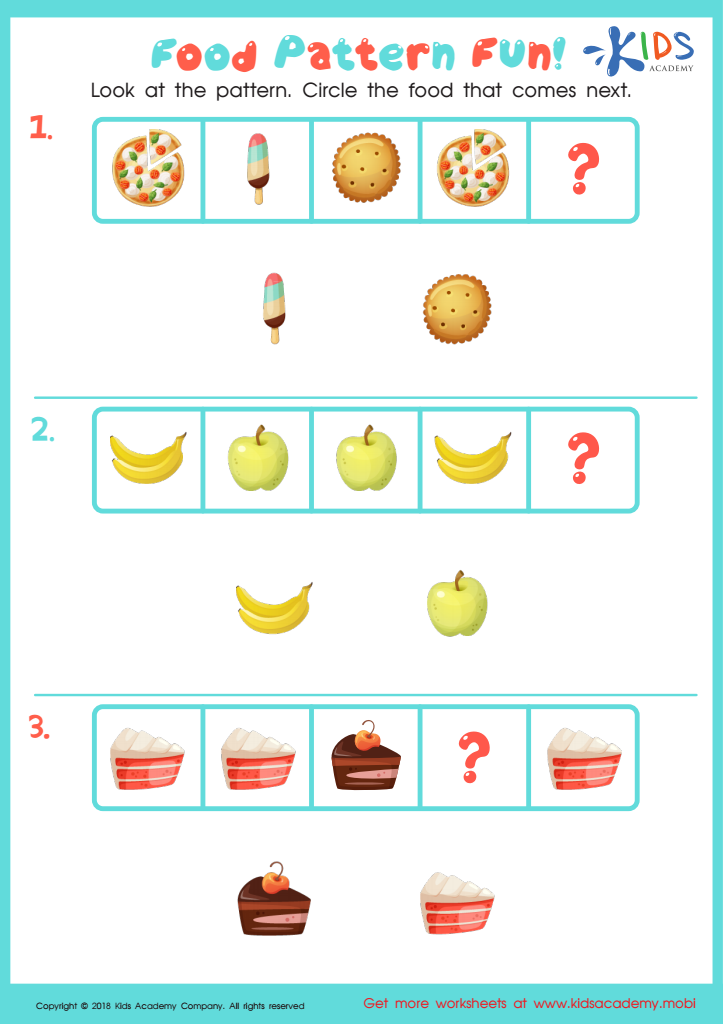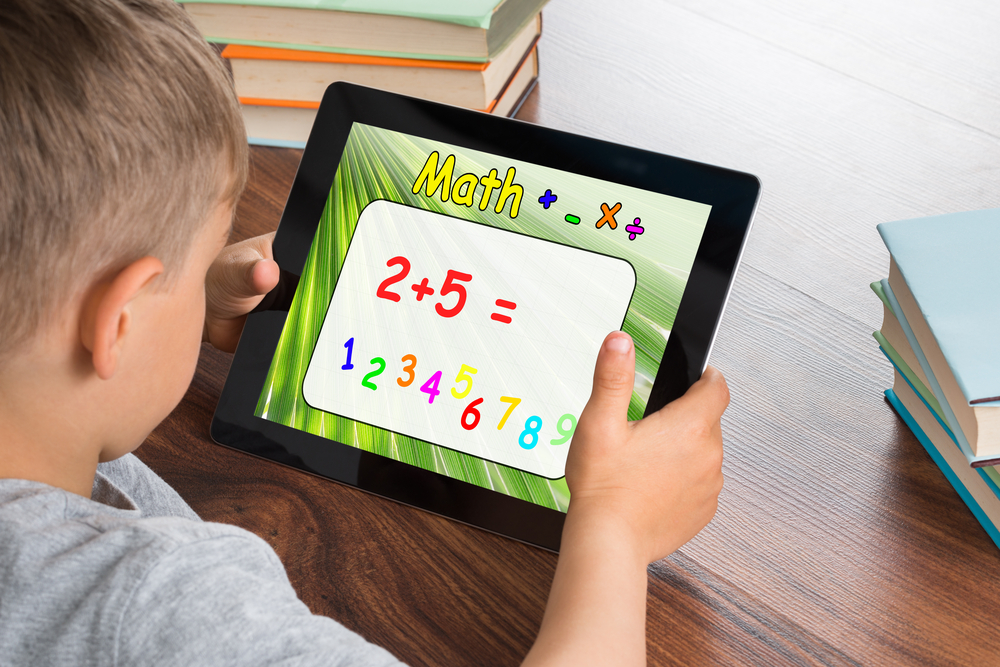Basic logic development Worksheets for Kids
1 filtered results
-
From - To


Food Pattern Fun Worksheet
Question/Answer
What does the Basic logic development skill mean when it comes to Preschool Matching learning?
Basic logic development skill in the context of Preschool Matching learning involves teaching young children how to identify similarities, differences, and patterns among objects or images. This foundational skill enhances their ability to make connections, categorize items, solve problems, and understand relationships, which are crucial for early cognitive development and future learning in mathematics, science, and language.
How to train the Basic logic development skill in Preschool students learning about Matching?
To train basic logic development in preschool students learning about matching, use interactive games and activities that focus on pairing similar objects, such as memory games, matching cards, or puzzles. Incorporate a variety of themes and categories like shapes, colors, animals, or letters to maintain interest.
How to test a Preschool student’s Basic logic development skills?
To test a preschool student's basic logic development skills, one can use simple sorting and matching activities, ask them to solve basic puzzles, engage them in problem-solving games, or present scenarios that require them to identify patterns and sequences. Observing their ability to follow instructions, make predictions, and understand cause and effect can also provide insights into their logic development.
 Assign to the classroom
Assign to the classroom












